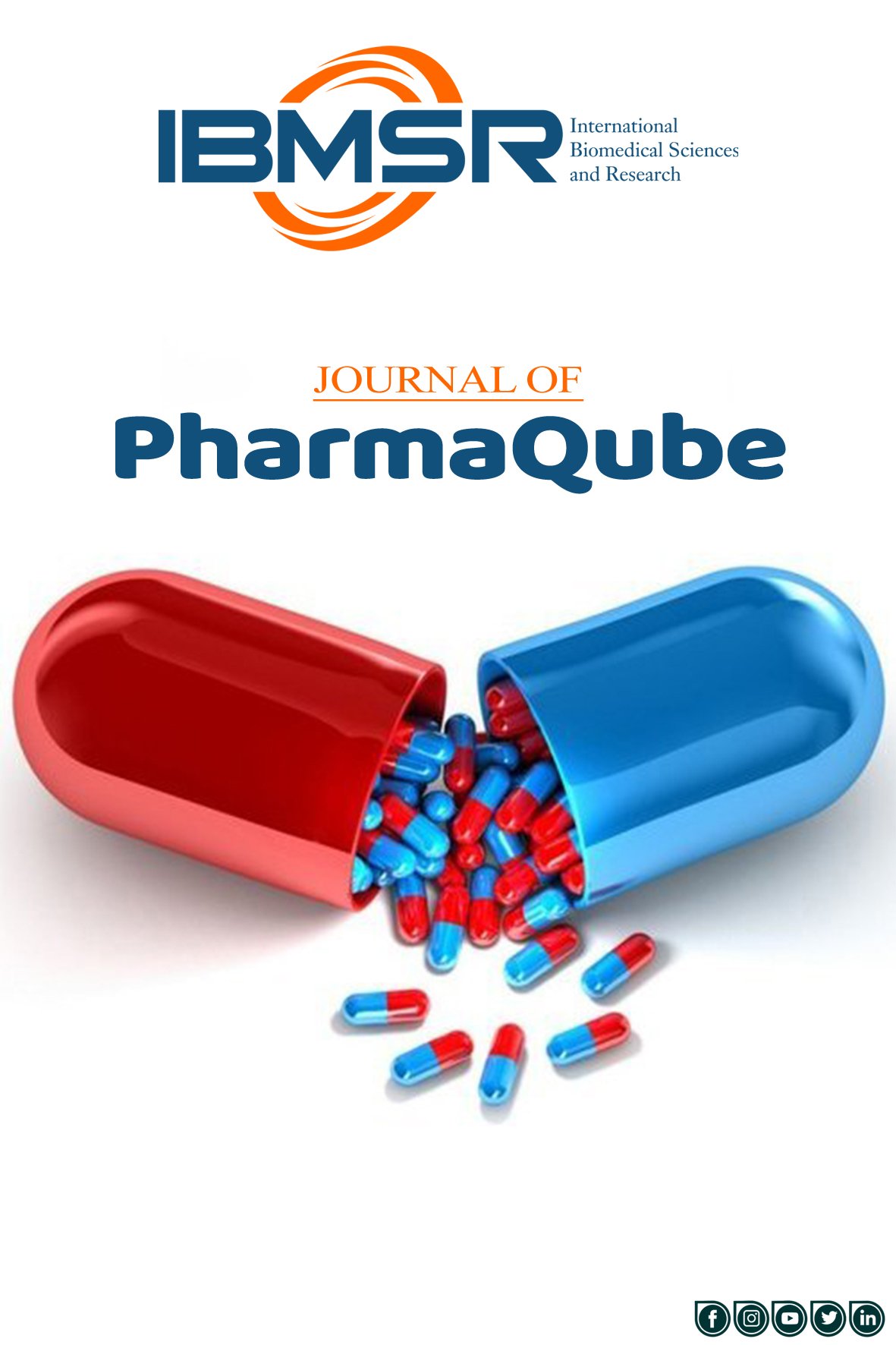Pharmaqube journal
Formulation and Evaluation of a Herbal Solid Perfume Using Rosa Damascena
Abstract
Asha Nandabaram1, Rachana2, Saikiran2, Deepika2, Namitha2 and Manogna2
The present study aimed to develop and evaluate a natural, alcohol-free solid herbal perfume using Bakuchi oil (Psoralea corylifolia) and rose petal extract as key ingredients. The formulation was designed to meet the increasing consumer demand for eco-friendly, skin-safe, and therapeutic alternatives to synthetic fragrances. Natural waxes such as beeswax and cocoa butter were used to create a stable base, while Bakuchi oil served as a functional carrier oil with antimicrobial and skin-nourishing properties. Rose petal extract and essential oils of rose and lavender were incorporated for their aromatic and antioxidant benefits. The solid perfume was prepared using a double boiler method and poured into sterile containers to solidify at room temperature. Evaluation parameters included sensory characteristics (color, texture, and odor), fragrance appeal and retention, spreadability, melting point, and physicochemical stability under varying storage conditions (25°C, 40°C, and sunlight exposure) over a 30–90 day period. Safety assessments such as patch testing confirmed the absence of skin irritation, and microbial assays showed no contamination. A user-based survey (n = 20) indicated high satisfaction, particularly for fragrance longevity and non-greasy texture. The perfume demonstrated a long-lasting scent for up to six hours. The results suggest that this herbal solid perfume is a promising, sustainable alternative to conventional fragrances, combining traditional herbal knowledge with modern cosmetic formulation practices.
